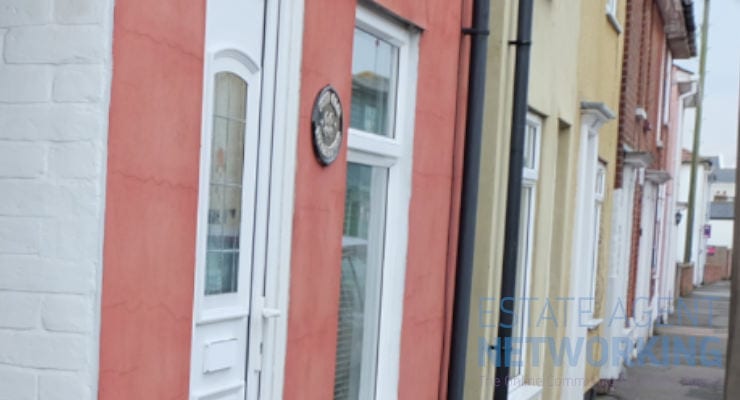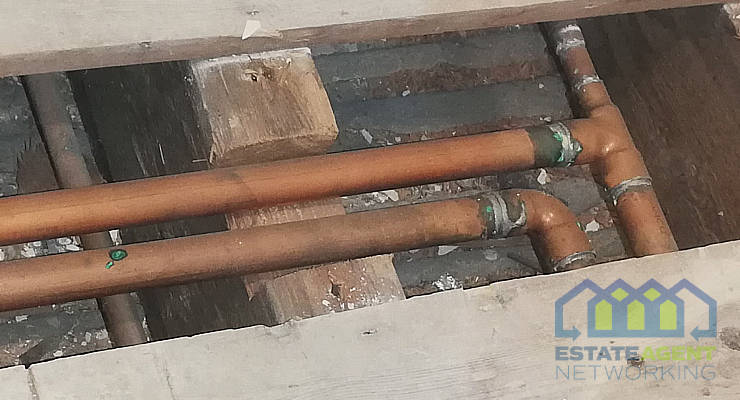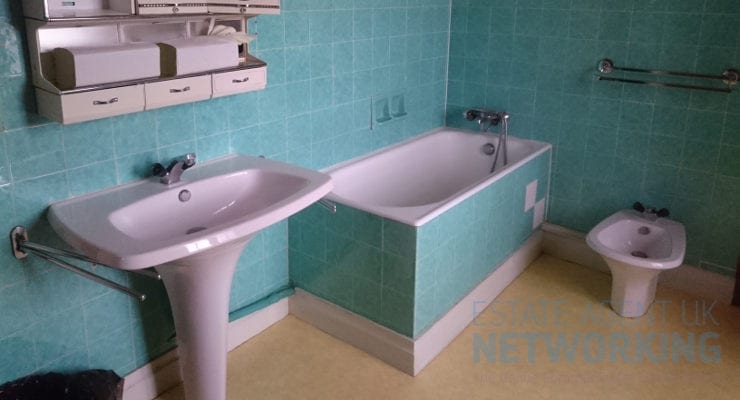How To Create A Low-Maintenance Garden For Tenants: A Guide For Landlords
As a landlord looking for new inhabitants, you’ve got to create a welcoming space to entice potential tenants and allow them to see themselves living in your property.
While the interior is vital, you also need to consider the garden. Designing the right garden for your rental property is an important project because it’s expensive and time-consuming. With the right garden design, you can then let nature take its course and allow your tenants to enjoy a stunning outside space for many years to come.
A key factor to bear in mind when designing a garden for a rental home is that most minor gardening tasks are the responsibility of the tenant. While you might need to deal with major care, such as tree pruning or fixing broken fences, the general day-to-day maintenance of the garden is down to the tenant.
Most tenants, when looking for a rental home with a garden, will be aware of this fact and looking for a space that’s comfortable but also easy to take care of. So, you’ll need to find ways to create an attractive yet low-maintenance garden for your rental home. Here are some tips for landlords who aren’t green-fingered or are new to garden design.
Add A Simple Wall To Break Up The Space
Large planes of grass or flowers require a lot of effort to maintain and can look overwhelming to deal with. Weeding and pruning take time, and your garden can quickly turn from a delightful meadow into a messy, unwelcoming space. To break the space up and make it look inviting without a lot of expensive landscaping, try using Gabion Baskets filled with stones from Fine Mesh Metals to create a simple wall. This wall can also incorporate seating to give it an additional use and make it perfect for families that want to spend time outside.
Choose Hardy And Safe Plants
The plants you select for your garden will determine how much work your tenants need to do to keep it looking beautiful all year round. Some plants require a lot of care and specialist food, as well as pruning and other maintenance. Others are more robust and can withstand being left alone or even completely ignored. Another vital factor is that you select plants that are safe and non-toxic. Tenants might have children or pets who might snack on plants in your garden, so they will want to make sure that the plants are safe for them to go near, touch or even ingest. Visit a local garden centre and consider the hardiest plants that are safe and suitable for your garden’s soil type.
Use Real Grass
As tempting as artificial grass might seem, it’s bad for the environment and not actually that much easier to care for than a real lawn. It might not need mowing, but most artificial grass requires some form of cleaning, such as hoovering or washing with a hose, as well as raking to remove any leaves or debris which won’t be broken down naturally as it would on a real lawn. Artificial grass also doesn’t look as good as you might think, especially after a few months. So, if you have a lawn, keep it as real grass and provide access to a lawnmower instead of artificial grass to create a naturally beautiful space for your future tenants.









